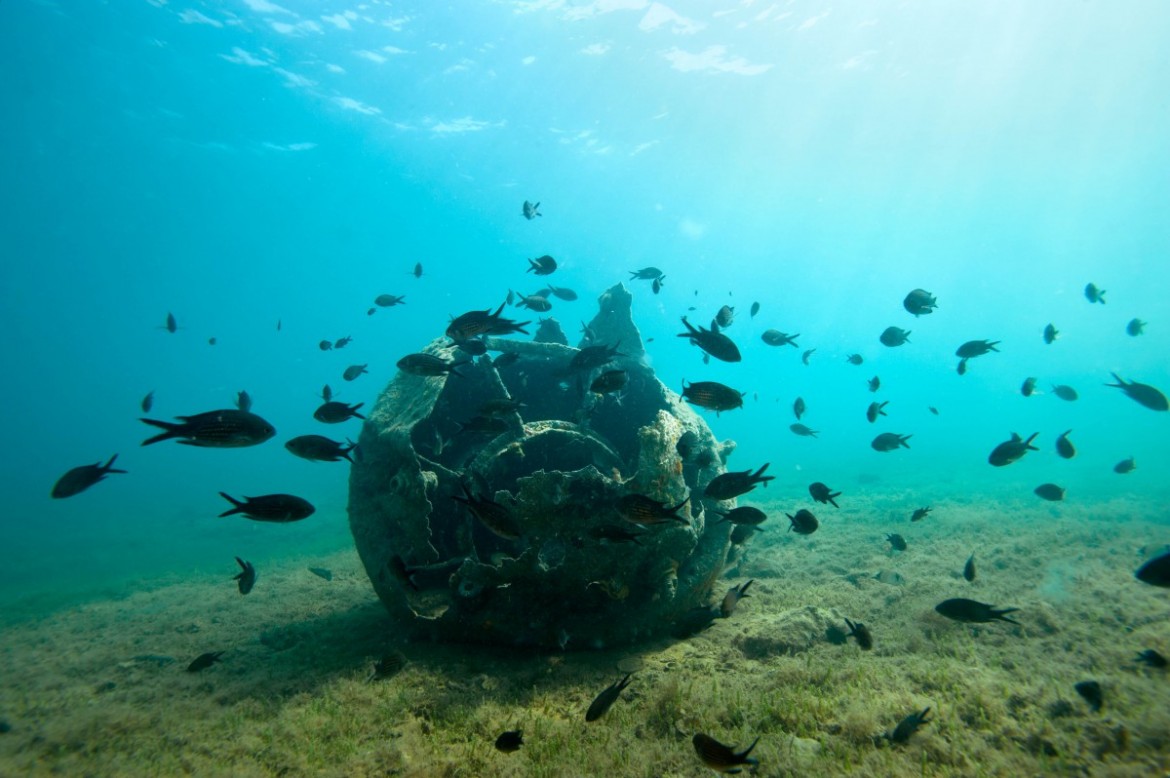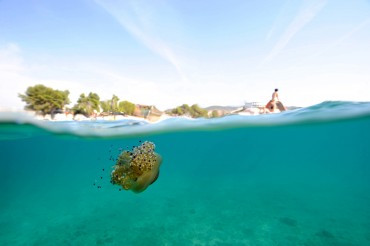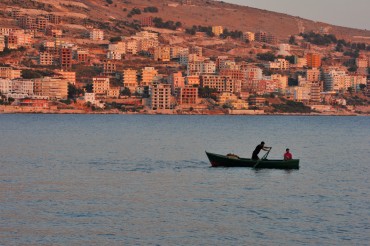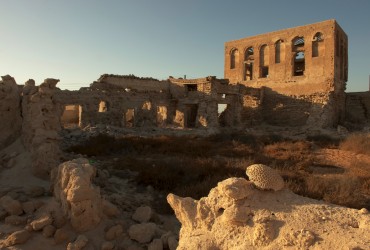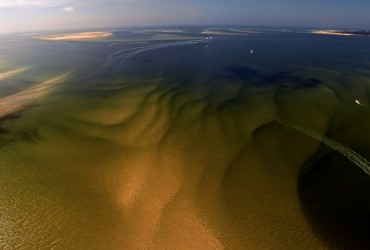The surprising modern reality
Mid-July 2011. I decide to head into the unknown and take our expedition boat in for a closer look, a reduced OCEAN71 Magazine team joins me and we cross the channel to Saranda, the closest Albanian town to Corfu. The crossing is only three hours long and worst-case scenario we are not far from Greece, I tell myself as we approach. Fortunately before leaving we had contacted Agim Zholi, an Albanian port authority recently tasked with processing foreign yachts. Visitors are still a rare occurrence in Albania: “We have processed about 100 yachts since the start of the year,” he says. This is a fraction of the thousands that cruise the neighbouring Greek islands. For a few dozen euro Agim clears us through customs and explains that ‘cruising’ is forbidden in Albania: “In a bid to crack down on the smuggling that flourished in the late 90s, our government passed a law forbidding all Albanians, bar professional fishermen, from owning a motor or sailing boat of any size,” explains Agim. Foreign cruising boats are therefore registered with customs as merchant ships.
This relic of Albanian legislation is not our only surprise. We quickly discover that, contrary to popular belief, the Albanians are exceedingly welcoming and their tolerant and liberal attitude towards religion is enlightening. In this country it is not unusual to see a mosque and a catholic church built side by side, co-existing in complete harmony. Albanians cannot grasp why so-called ‘developed’ countries have religious tensions and I find their open-mindedness a revelation.
The majority of Albanians are Muslim and the imposing minaret that overlooks the city of Saranda calls its 35,000 inhabitants to prayer five times daily, but in spite of this we didn’t spot a single veiled woman.
Of course modern Albania has its shortcomings, starting with corruption. In less than ten years Saranda, originally a fishing village built around a small bay that serves as a harbour, has tripled in size. Concrete buildings have sprung up without permits in answer to tourism from the East, while just outside the city along the beachfront dozens of collapsed structures have been left to ruin. “Entrepreneurs can bribe local authorities to turn a blind eye to unlawful building,” explains an official, “and a jealous neighbour can just as easily report you and have the building condemned and knocked down. Few clear the destruction sites as it is easier to build next door.”
